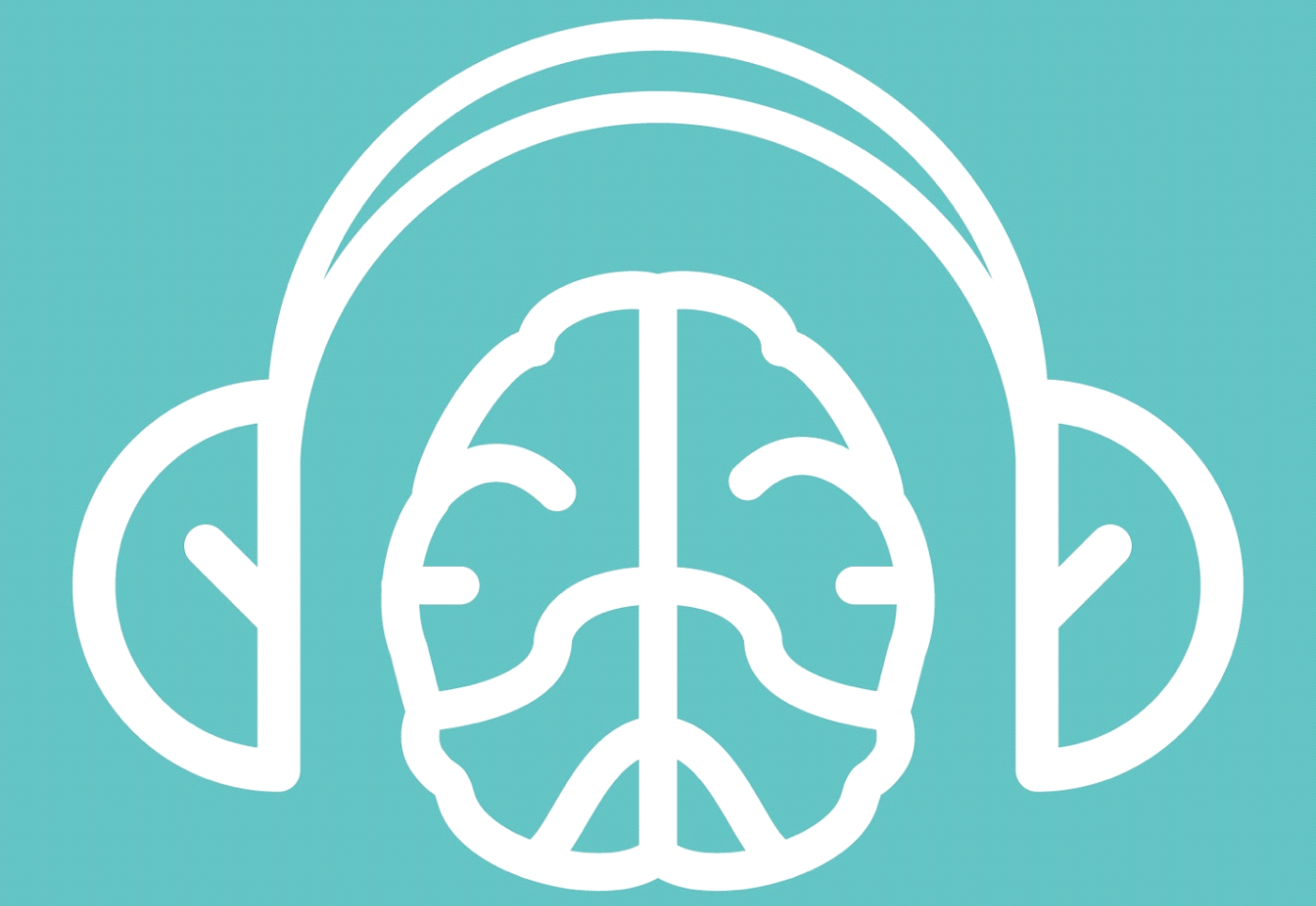Welcome to PsychEd, the psychiatry podcast for medical learners, by medical learners. This is our inaugural book club episode centred around the book Mind Fixers by Anne Harrington.
Mind Fixers is by the Harvard historian Anne Harrington, and came out from Norton in 2022. It reframes the “biological turn” in later twentieth century psychiatry with a history of the discipline from the later nineteenth century forward. Harrington argues that the biological turn had relatively little to do with new scientific advances, and came instead from a need to separate psychiatry from the increasingly unpopular public image of the discipline’s previous, “Freudian” age.
To make this argument, she starts with the anatomic research of turn-of-the-century figures like Kraepelin, and how this generally failed to explain important mental illnesses. She traces the emergence of “Freudian” or psychological approaches to mental illness to the high point of their dominance in the mid twentieth century, and then their decline, as their inadequacy with respect to things like bipolar disorder and schizophrenia became increasingly clear, and their emphasis on childhood experience stigmatized families. Biological psychiatry is then a way to restore the fields’s respectability as as branch of medicine, but according to Harrington, there is not much transformative innovation to go along with this rebrand; and she emphasizes that the psychopharmacology revolution which gave us the first antipsychotics, MAOIS, tricyclics, and the receptor model of mental illness, actually happened during the heyday of psychoanalysis.
The members of our team involved in this discussion are:
Sara Abrahamson - MS2 at the University of Toronto
Dr. Kate Braithwaite - Medical Doctor from South Africa
Dr. Wendy MacMillan-Wang - PGY4 psychiatry resident at the University of Manitoba
Dr. Alastair Morrison - PGY1 psychiatry resident at McMaster University
Dr. Gaurav Sharma - Staff psychiatrist working in Nunavut, Canada
This episode was edited by Dr. Angad Singh - PGY1 psychiatry resident at the University of Toronto
Our discussion was structured around four themes:
3:15 - Psychiatry and Economic Incentives
19:33 - Psychiatry and Parenting
28:40 - Biological Psychiatry and its Alternatives
52:05 - Psychiatry and Social Control
If you enjoyed this episode, consider listening to our episodes about:
History of Psychiatry with Dr. David Castle
Critical Psychiatry with Dr. Elia Abi-Jaoude and Lucy Costa
For more PsychEd, follow us on Instagram (@psyched.podcast), X (@psychedpodcast), and Facebook (PsychEd Podcast). You can provide feedback by email at psychedpodcast@gmail.com. For more information, visit our website at psychedpodcast.org.

